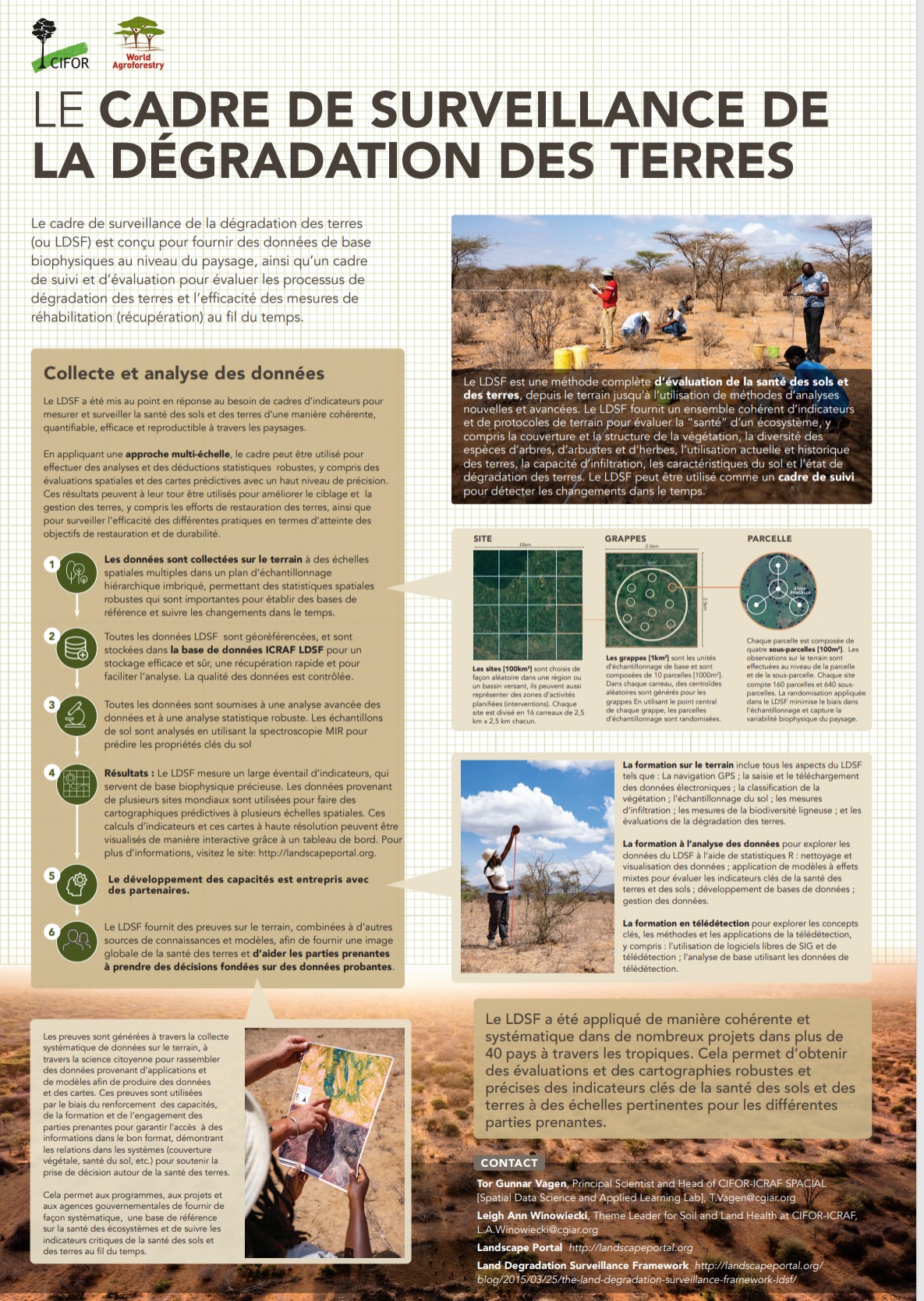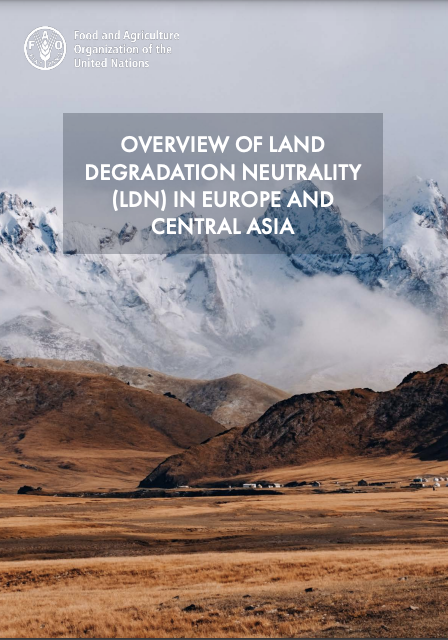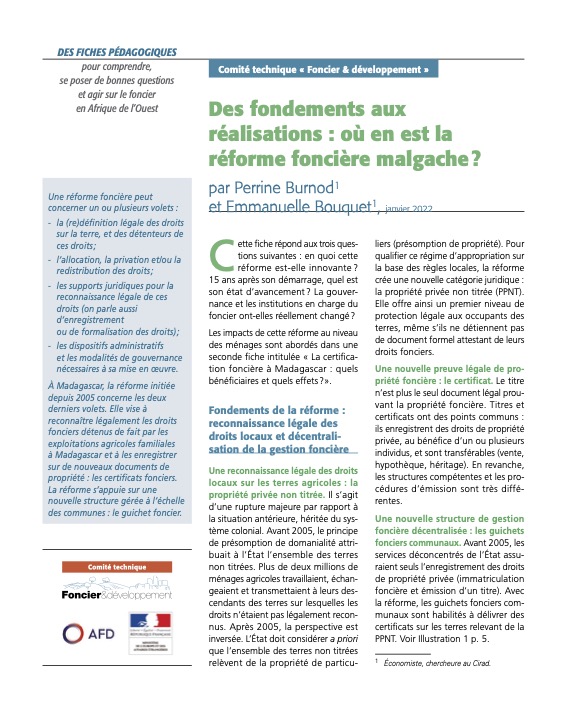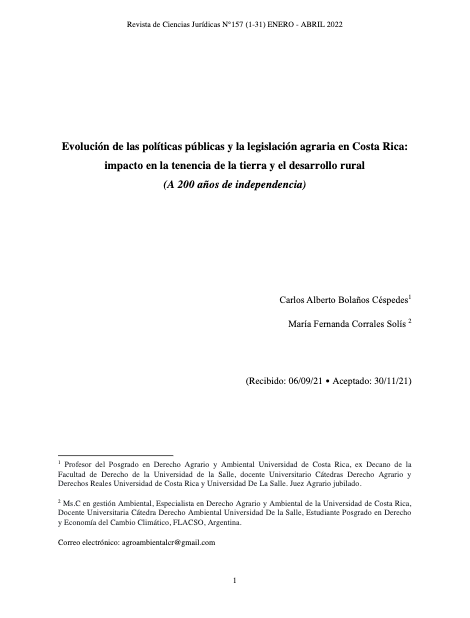Les impacts de l’APV-FLEGT: Synthèse des resultats dans sept pays
La présente étude constitue une synthèse des données qualitatives et quantitatives des impacts de l’accord de partenariat volontaire (APV) UE-FLEGT dans sept pays : le Cameroun, le Ghana, l’Indonésie, la République du Congo, la Côte d’Ivoire, le Guyana et le Honduras. Ces pays se situent à différents stades du processus APV, entre négociation, mise en oeuvre et obtention des licences FLEGT (Application des réglementations forestières, gouvernance et échanges commerciaux).









